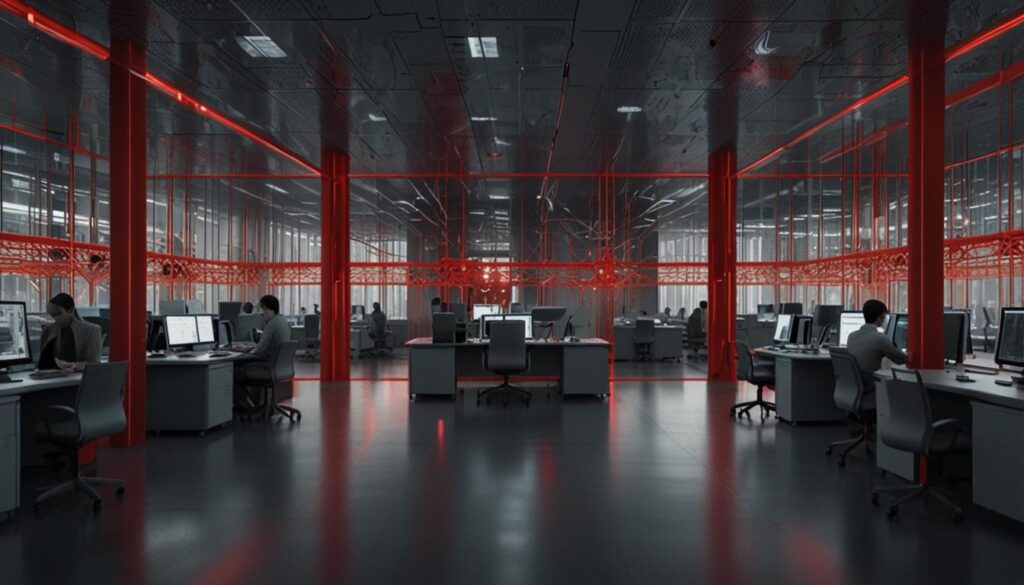Discover the five significant ways in which AI is revolutionising work environments, from generative AI innovations to the influence on succession planning and the demand for prompt engineers. Dive into how AI-assisted job crafting is reshaping job roles and why human-crafted creative work continues to hold its value, alongside the benefits AI offers to introverted candidates during interviews.
Podcast Highlights Five Ways AI is Transforming the Workplace
Generative AI Innovations: Generative AI is transforming the workplace by automating routine tasks and creating personalized avatars to attend meetings on behalf of employees. Despite its pervasive discussion, the average worker may not understand its full implications.
Succession Planning: AI optimizes recruitment by addressing workforce succession planning. Chano Fernández, co-CEO of Eightfold, explains AI aids in identifying potential candidates for a wider pool of vacancies, helping workers understand the necessary skills for future roles and explore diverse career paths.
Demand for Prompt Engineers: Prompt engineering, the skill of crafting specific inputs for AI tools, is anticipated to be highly sought after. Experts like Marcus du Sautoy from Oxford University highlight the evolving nature of this field, stressing the necessity for strong communication skills to optimize AI outputs.
AI-Assisted Job Crafting: Generative AI is already taking over less engaging tasks, allowing workers to focus on more meaningful aspects. Iliana Oris Valiente from Accenture Canada utilizes a digital twin, Laila, to attend repetitive meetings, thereby saving time and increasing efficiency.
Creative Work Value: Human-crafted creative work, akin to artisan products, is expected to retain high value. Dan Sherratt of Poppins design agency notes AI is used mainly for conceptual work, as its execution capabilities are not yet comparable to human creativity.
AI and Introverts: AI interviewers are proving beneficial for introverted and neurodiverse candidates. Ali Ansari of micro1 emphasizes that digital avatars can reduce interview anxiety, potentially improving candidate experiences and future workforce dynamics.










